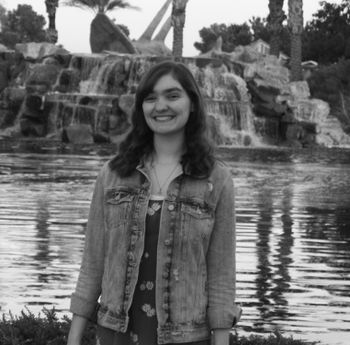Tell preschoolers every day they're racist? Professors have this advice for K-12 educators.
Four scholars recently published an article on how to incorporate daily 'anti-racism' ideology in preschool curriculum.
One education leader called the set of recommendations 'ideological activism that sows division.'
Four scholars recently told early childhood educators that they “must talk about race every day” in their preschool classrooms.
In an article for the Summer 2021 issue of National Association for the Education of Young Children’s journal, Rosemarie Allen, Dorothy L. Shapland, Jen Neitzel, and Iheoma U. Iruka also recommend ”1619 Project” by Nikole Hannah-Jones, “How to Be an Antiracist” by Ibram X. Kendi, and “White Fragility” by Robin DiAngelo.
“Unlike the more common approaches taken, being anti-racist is more than loving all children the same or teaching children more generally about kindness and fairness,” the scholars write. “Anti-racist teachers teach about racism throughout the day and the curriculum.”
Jen Neitzel, executive director of the Educational Equity Institute, told Campus Reform many “falsely believe that children are colorblind.” Citing a 1997 study by Katz & Kofkin, she explained that “infants are able to nonverbally categorize people by race and gender at six months of age.”
“I know there is some pushback about how these types of practices are designed to make White children feel bad about themselves, which is counterproductive to the cause,” she said. “We simply want children to see each other’s differences, but also recognize their common humanity.”
[RELATED: Federal government hosted professors’ talks on anti-racist education for young children]
Dozens of anti-racism books have been written for young children over the past few years, such as “Antiracist Baby” by Ibram X. Kendi, “A is for Activist” by Innosanto Nagara, and “This Book Is Anti-Racist: 20 Lessons on How to Wake Up, Take Action, and Do the Work” by Tiffany Jewell.
Sharing all the cuteness and love of #antiracistbaby. Thank you caretakers for sharing these images of your little ones. pic.twitter.com/2NDM2vYbpb
— Ibram X. Kendi (@DrIbram) August 2, 2020
Given the increasing push for anti-racism education, Campus Reform asked Iheoma U. Iruka, a professor at the University of North Carolina, how prevalent racism actually is among young children.
“While we don’t have a numerical number, racism, arguably, is the air we breathe in the country and also permeates the early childhood space,” Iruka answered.
She continued, “We know that it is felt on many levels, but young children don’t have the cognitive development or language expertise to articulate it.”
Additionally, Iruka said that a child’s experience with racism is dependent on context and begins before they are born. She argues that the racial disparities recorded in an SRI International report, which she co-authored, are evidence of racism.
In an email to Campus Reform, Erika Sanzi, Director of Outreach for Parents Defending Education, called this kind of teaching “ideological activism” that has no place in a classroom.
”Pre-schools serve children well when they give them a strong foundation in numbers and letters while also teaching and modeling fairness and kindness and sharing,” Sanzi said. “Teaching three and four-year-olds that everything around them is racist and it’s their job to fix it is yet another example of ideological activism that sows division has no place in a classroom, especially a pre-school one.”
Campus Reform reached out to Rosemarie Allen and Dorothy L. Shapland for comment but did not hear back in time for publication.
Follow the author of this article on Twitter @katesrichardson.

